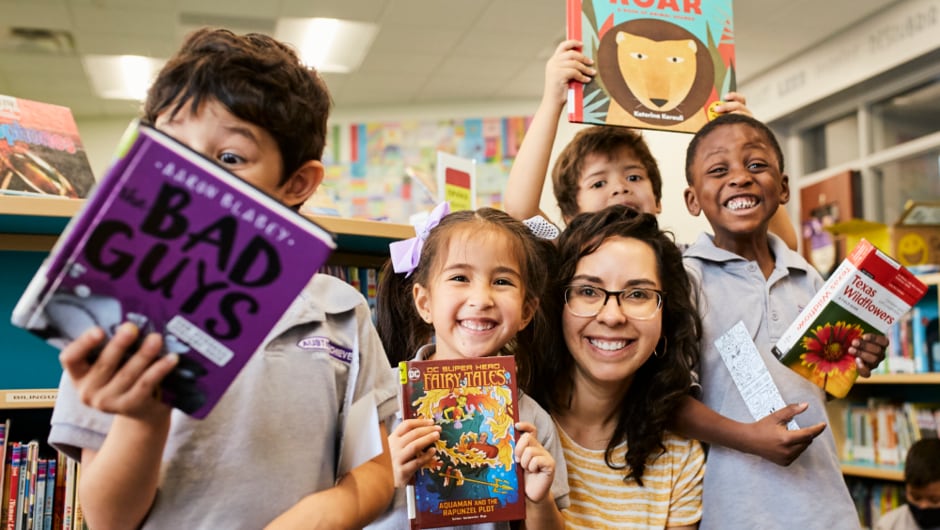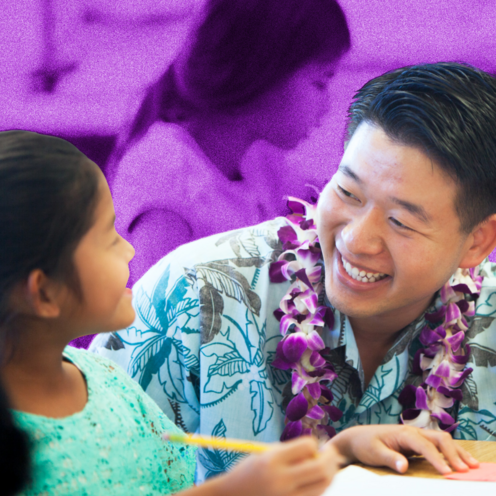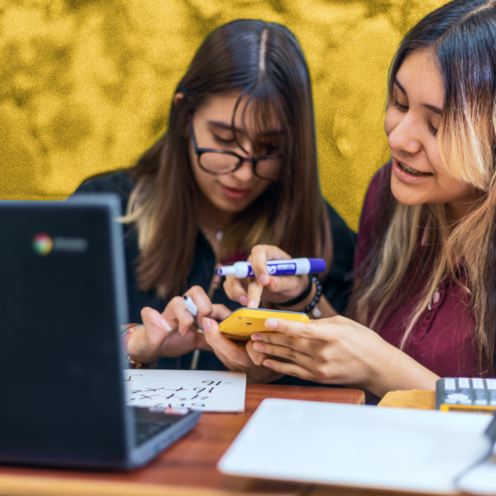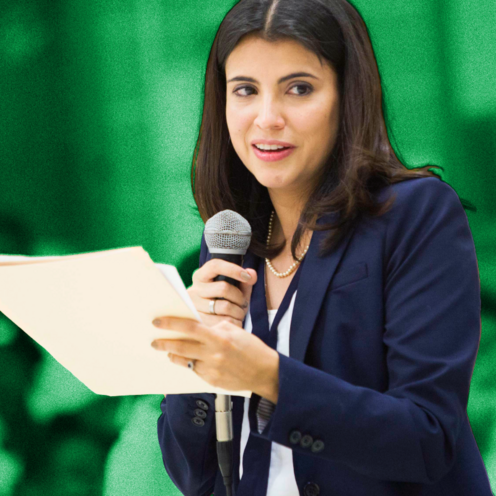Find your purpose. Find your people.
Fuel potential.

Our Programs

Teacher Corps
Application opens in August
- Full-time employment by a school or district
- Premier leadership development and teaching certification
- Minimum two-year commitment
- Full salary and benefits
- Nearly 40 regions – you choose your location

Ignite Fellowship
Apply by April 30
- Earn up to $1,200 as a part-time fellow
- Tutor elementary reading, middle school math, or high school college and career advancement
- 3-5 hours/week
- Virtual, remote work
- Choose a schedule that works best for you

Alumni Programs
- Alumnihood begins after two years in our teacher corps
- Private directory of our 65K+ person network
- Exclusive opportunities and fellowships
- Job search support
- Alum associations and events based on your interests
What’s it Like to Teach For America?
Take the First Step
Teach For America's goal is the biggest and brightest possibility for every kid. Our superpower is launching determined people like you into mission-driven, future-shaping careers that start in the classroom.


